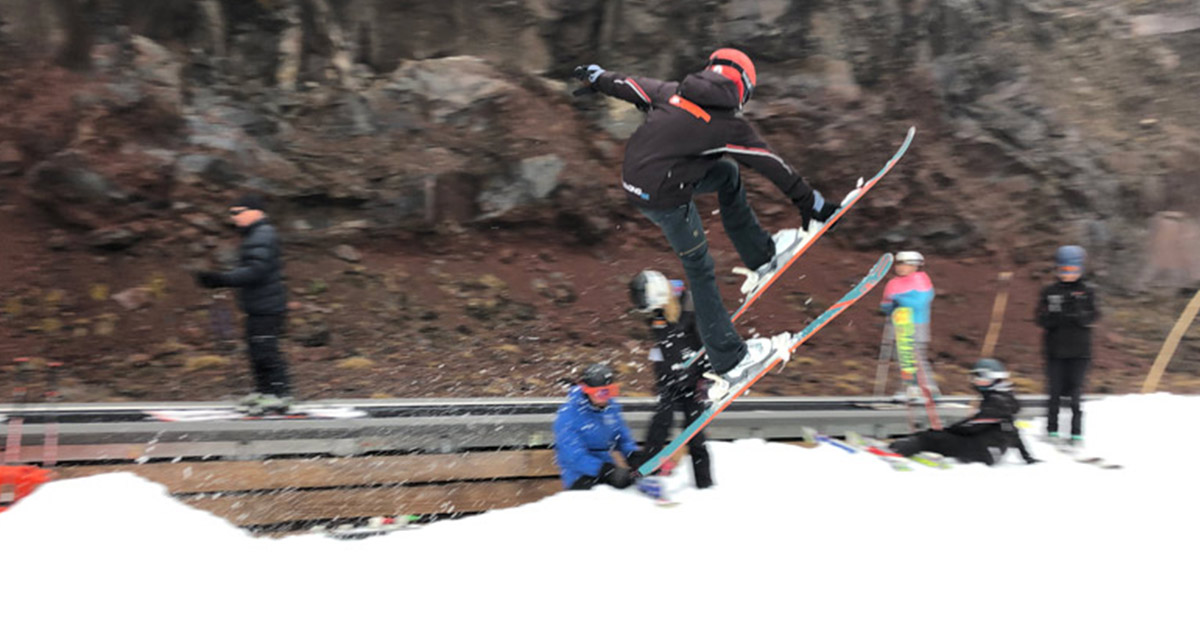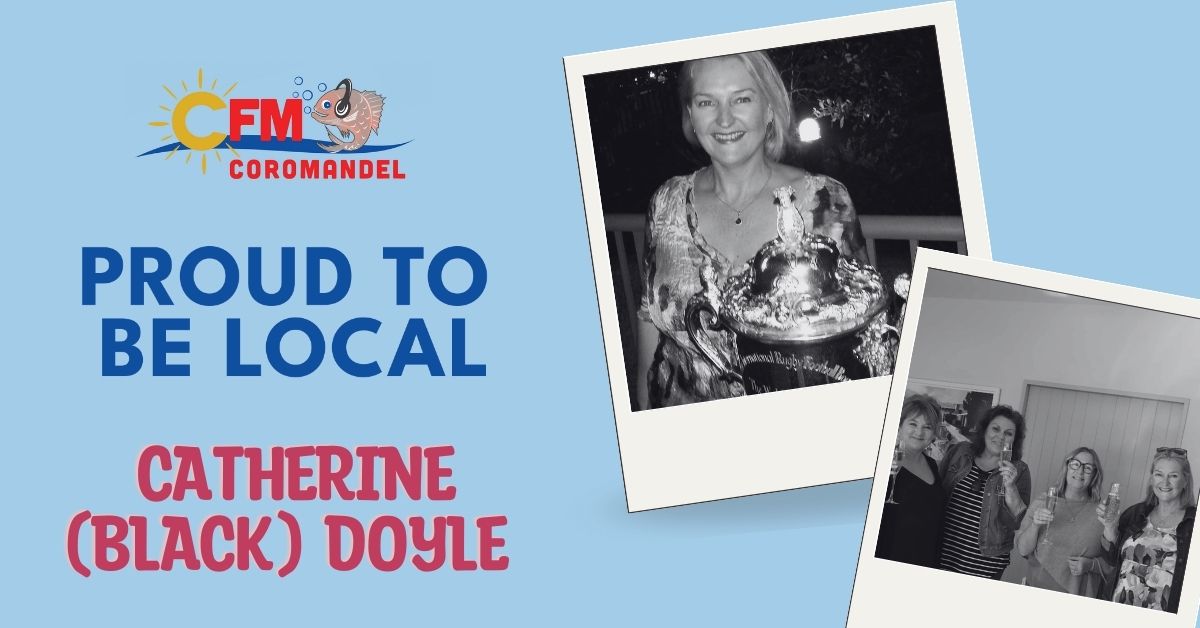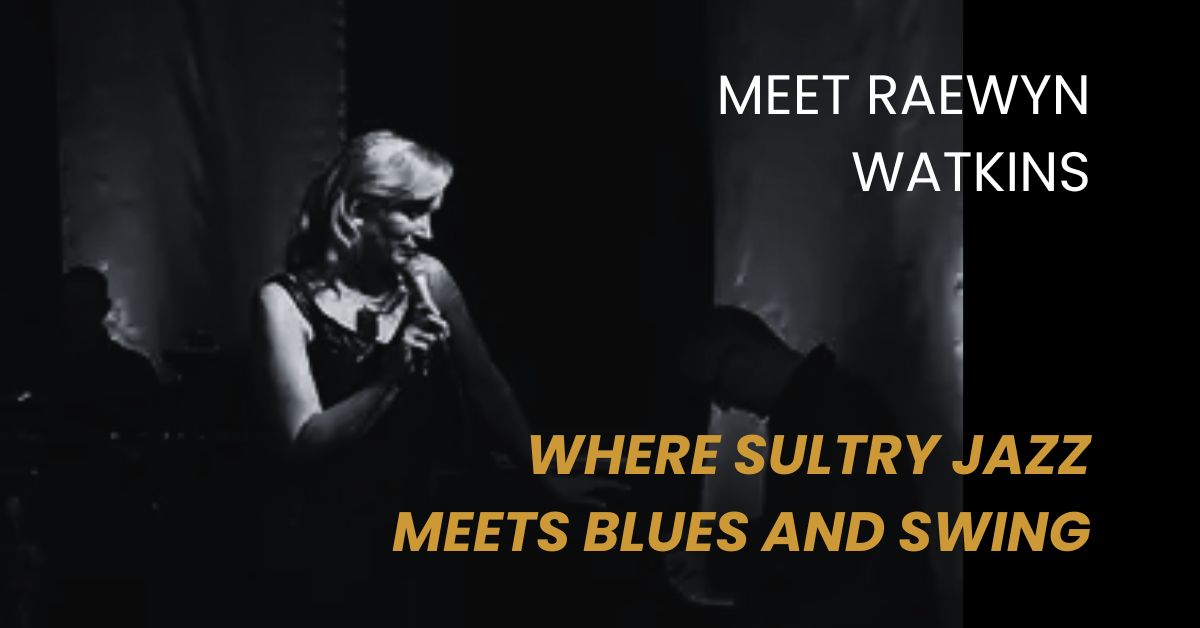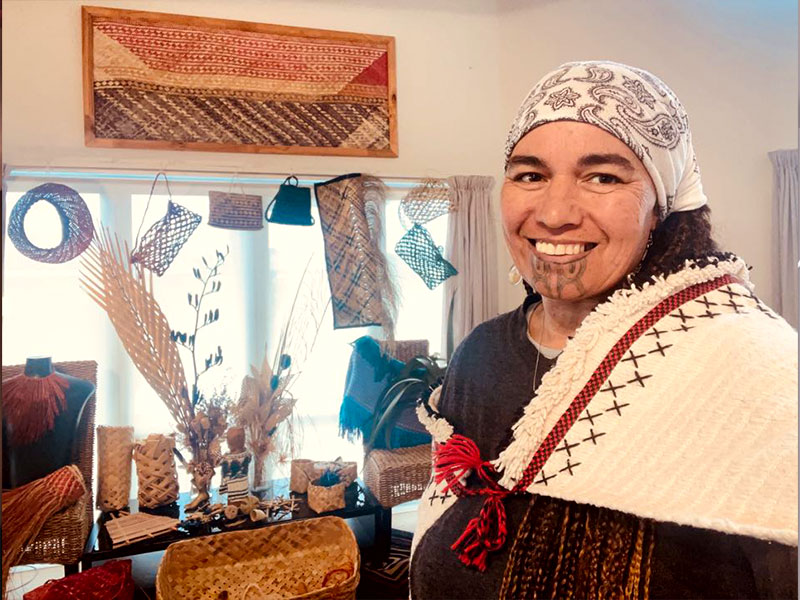
Preserving Tradition and Learning from the Masters
Helena James is one of the Coromandel’s treasured local weavers and has been weaving for nearly 30 years. After learning a few different methods of weaving in her life, she truly believes that traditional methods are the way to go when it comes to raranga.
Although she began learning, as many weavers do, with mop-cloth, since learning more traditional methods of Māori weaving, she said she could never go back to contemporary methods.
“I don’t like to learn the fast and easy way. I like to learn the old, traditional way, even if it’s hard.”
Mop-cloth or mop-string, the material she used when she was just starting off, is often made out of cotton or wool, and is easier to weave with than muka (traditional twine made from harakeke).
She started out weaving korowai and kākahu. Kākahu is the te reo word for clothes, and a korowai is a traditional Māori cloak.
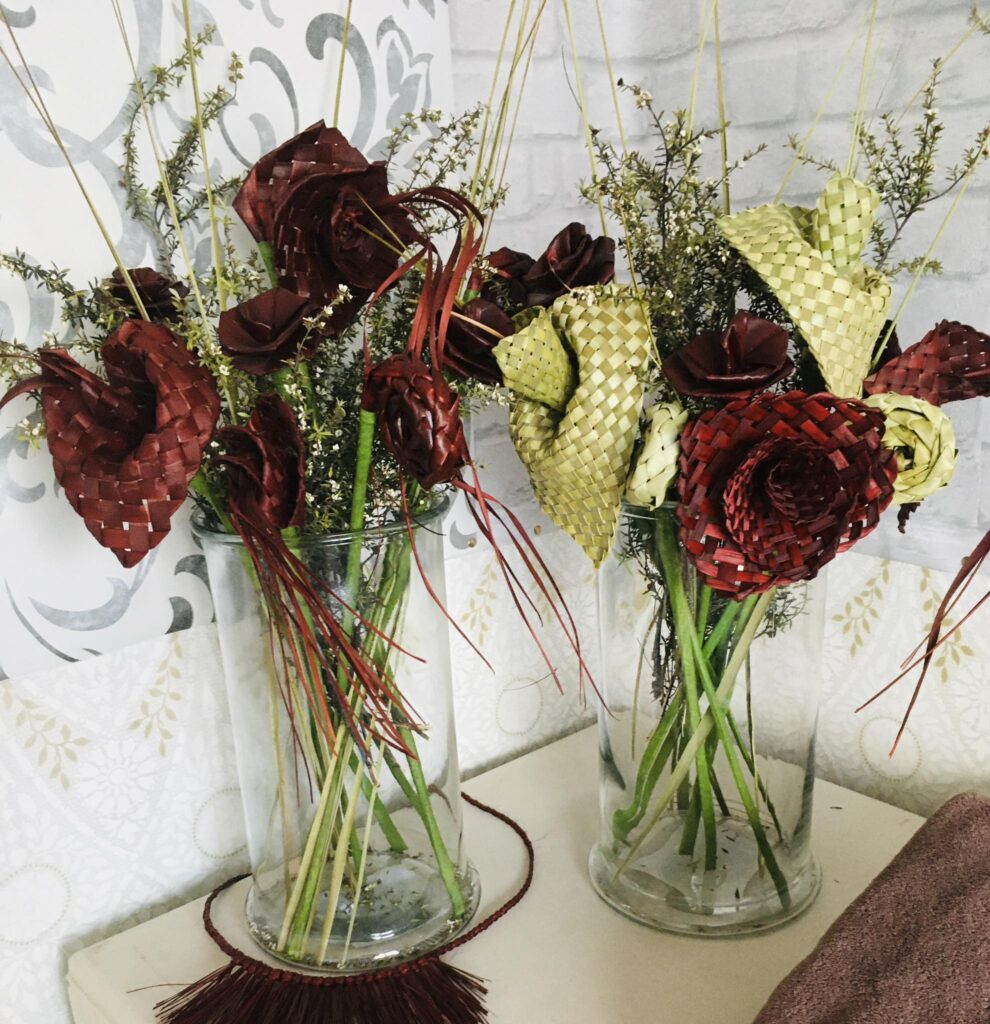
When a korowai is decorated with feathers, it becomes a kahu huruhuru. Helena explained that these cloaks are given different names depending on what feathers are used. If there are kiwi feathers on a kahu huruhuru, it becomes kahu kiwi.
Since she began weaving with muka, the task is less simple than it used to be for Helena. A korowai made from traditional flax twine can take a long time to create, but it’s worth the effort, she said.
“For me, it took a year to make one out of muka. Thinking about it, planning it, and then finally doing the mahi, it all takes about a year.”
She now makes all kinds of things, from kete to flax flowers, and in 2019 she even visited several schools in the Coromandel to teach the kids to make grass skirts for Tuia 250.
“It was a buzz to see all the kids at Tuia 250 wearing their grass skirts proudly,” she said.
Helena stated that weaving is not a task to do half-heartedly. The craft takes a lot of mahi, not only in a physical sense, but in an emotional sense as well.
“When I mahi, I’m not in this realm,” she said.
Helena takes her work seriously, and even kicks her family out of the house on days that she wants to weave. When she’s in her realm, she said, she does not want to be disturbed. Since Māori customs discourage weavers from eating or drinking while they work, she barely even moves during these times.
“I will mahi hours and hours and then I’ll look at the time and four hours will have passed. The only thing that really stops me is my body aches.”
Other than abstaining from food and drink, there is some other tikanga surrounding the art of raranga, most of which is really just grounded in common sense. Helena explained that it’s considered tapu to pick the flax while it’s raining, or to do the task by yourself.
“They [the customs] would’ve been just common sense back in the day, but now they’ve flipped it, so that people think it’s like the law. But I mean, if I need flax, I’m gonna pick it.”
Something else that’s tapu is for pregnant or menstruating women to harvest flax during this time. Helena said she holds classes for pregnant mums, but that the only mahi the mums will do themselves is the weaving.
“I just don’t agree with them picking the flax, so I pick it for them,” she said.
She teaches the pregnant women to make things such as kete to bury the placenta in, as well as muka pito ties, to secure the umbilical cord with.
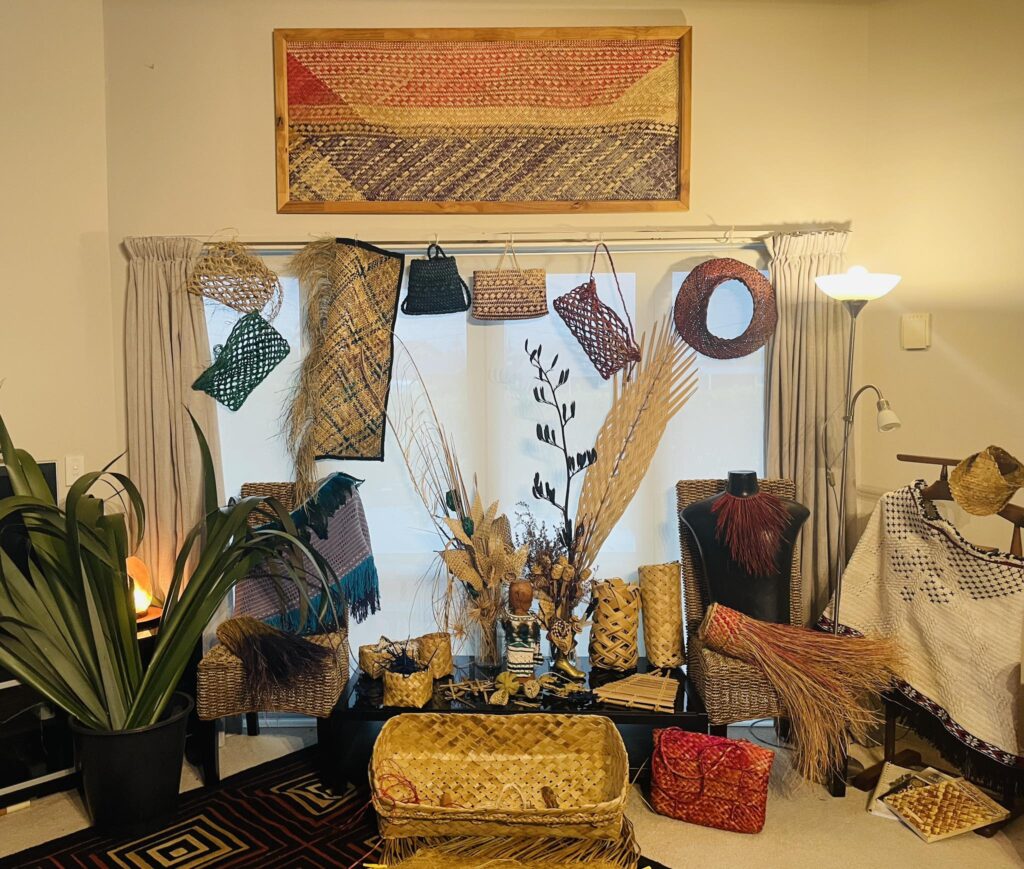
Perhaps the most important practice to remember when preparing to weave is to say a karakia before harvesting the flax, according to Helena.
“You’re basically just thanking Papatūānuku, Ranginui for watering the plant, and basically all atua. You’ll notice if you don’t do that first karakia, your work doesn’t work out. Something will go wrong.”
Helena believes she’s still learning, and values everything she learns from traditional weavers, especially in the Coromandel.
“A lot of the weavers here, they’re so clever,” she noted.
“I like to learn from people who actually know what they’re doing. Not someone who learnt from YouTube, or Google. I want to know the old nanny that’s been doing it all her life, and I want to learn from her.”
Words by Sarah Morcom



